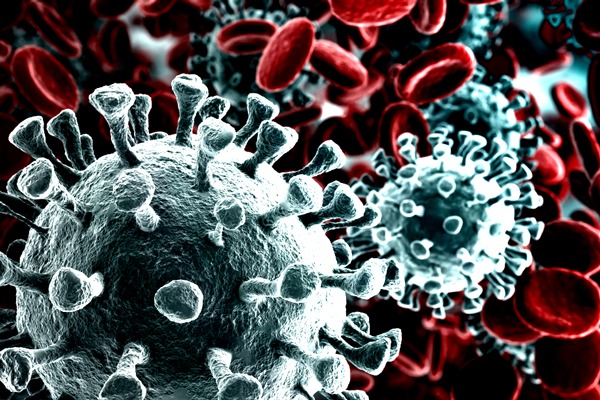
THE relaxation of lockdown regulations is threatening to reverse the gains made by government in combating the spread of coronavirus in the country, human rights activists and civic society organisations (CSOs) have warned.
BY SILAS NKALA
They also revealed that some residents were exchanging masks to access retail outlets due to the “no mask, no entry policy” after government, through Statutory Instrument 99 of 2020, made it mandatory for citizens to wear masks outside their homes.
Government extended the lockdown with effect from Monday, but relaxed the conditions allowing industry and commerce to operate.
This has seen a large number of people trooping into central business districts, with overcrowding being witnessed in shops, banks and at public transport pick-up points.
In a statement, Habakkuk Trust yesterday said: “The reduced visibility of lockdown enforcement officers contributed to the disregard for social distancing in bus and shop queues. Most of the people in the queues were seen wearing masks without observing social distancing rules. The mandatory wearing of masks has seemingly taken precedence over other COVID-19 preventative measures.”
The CSO said residents were exchanging masks to gain entry into shops.
“In some areas in the western suburbs, residents were allowed entry into shops without masks. Some shops in Mpopoma were implementing a ‘no mask, no entry policy’, resulting in some residents exchanging masks to gain entry into shops,” the statement read.
- Chamisa under fire over US$120K donation
- Mavhunga puts DeMbare into Chibuku quarterfinals
- Pension funds bet on Cabora Bassa oilfields
- Councils defy govt fire tender directive
Keep Reading
“Habakkuk Trust, therefore, urges the government of Zimbabwe to reconsider relaxation of COVID-19 regulations by remodelling travel restrictions to suit phase two provisions, enhancing clarity on the definitions of formal businesses.”
On Tuesday, the Health ministry warned against picking up used face masks and washing them for resale.
“There are some people who are collecting used face masks, washing them and selling them to unsuspecting people. To avoid this, members of the public are being urged to cut up their used face masks before proper disposal,” the ministry posted on Twitter.
Church and Civic Society Joint Forum national chairperson Anglistone Sibanda said Zimbabweans do not seem to understand how coronavirus is transmitted.
“Instead, they really did not heed to the lockdown but were merely forced by the deployment of the military.
Zimbabweans have that attitude where they really do not care about health, but care mostly about doing their business in order to get something to eat,” Sibanda said.
“It is a pity that we have become a hand to mouth society that does not care about other fundamentals in life. I appeal to citizens to remember that death has no second chance, yet in doing business, one has many chances. It is better to live than commit suicide trying to find food for the day.
“Local businesspeople should desist from overpricing commodities, which is forcing people to go into town. Banks and money transfers agencies must immediately decentralise their operations and improve on their services in order to reduce the influx of people into town.”
He added: “Government must deploy more security personnel into the streets to enforce social distancing since Zimbabweans cannot observe it on their own without soldiers and the police behind them.”
Sibanda said government must improve the transport system available, while decentralising government services and also using the internet for other services.
“Bus stops and pick-up points must be used to disseminate information to raise awareness and deal with the mindset. Beating COVID-19 is more of a mindset issue and we must recondition our mindsets and change our behaviour patterns,” he said.











